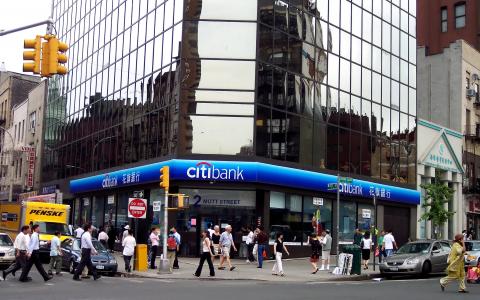
Investors are waking up from a Monday hangover that sent stocks charging after a China stock rally, despite the U.S. struggle to contain coronavirus outbreaks across many states, and as earnings season looms.
Offering up a fresh view of where stocks are headed is our call of the day from strategists at Citigroup, who have just bumped up their S&P 500 target to 2,900 from 2,700 — close to a 10% drop from the current level of 3,179.
Still, “barring a big shock, it is improbable to think of a trading range for the S&P 500 in the 2,500-3,000 area, but more likely in the 2,700-3,200 vicinity as monetary policy will be in place to prevent a 20% or greater decline,” said a team led by chief U.S. equity strategist Tobias Levkovich.
That doesn’t mean the strategists aren’t preaching some caution right now and see a bumpy second half, after that powerful second-quarter equity rebound. “We envision volatility for equities as good news is being priced in and problems are being overlooked,” Levkovich said, laying out some risks he thinks investors are ignoring.
“A second wave of debilitating COVID-19 cases that causes either new shutdowns or slower economic recovery would be challenging, not to mention the U.S. elections, but these are not immediate threats, and investors appear to only have short-term time frames currently,” Levkovich and the team said. “We add that margin pressures from trade friction and weak year-over-year trends (despite better sequential activity) also matter.”
“Ultimately, earnings have to come back in a very meaningful way, and the market already is anticipating that likelihood over time,” said Levkovich, who notes that as businesses try to absorb fixed overhead costs during the pandemic, “a much higher level of activity is required to generate incremental margins.” And more job losses may prevent that expansion, he and the team said.
The Citi team also opines that investors may not be too panicked about a possible win for Democratic presidential contender Joe Biden in November. Chats with clients find they perceive “clearer and more predictable trade negotiations and less volatile overall policy shifts,” as an offset to higher taxes and more regulation.
This article originally appeared on MarketWatch.



